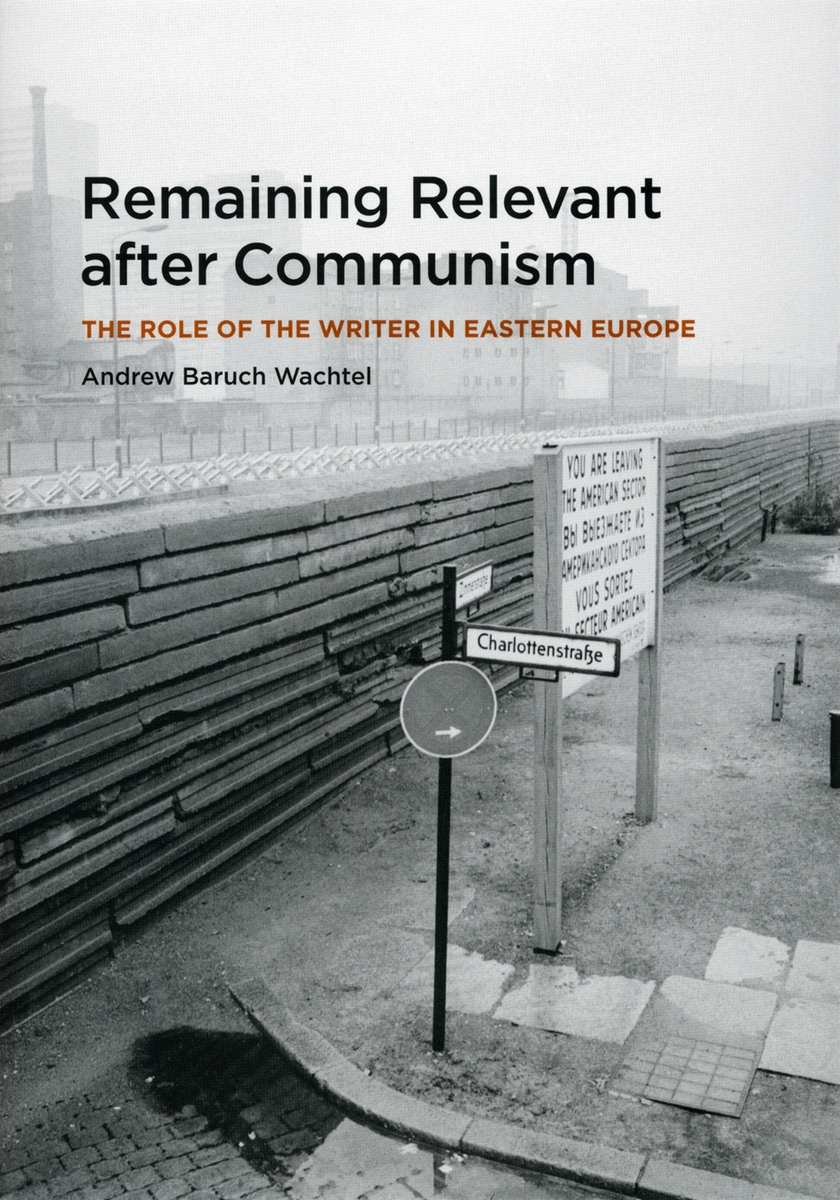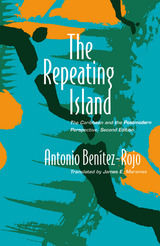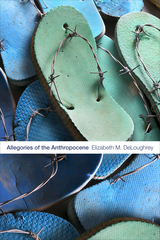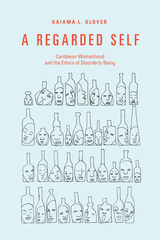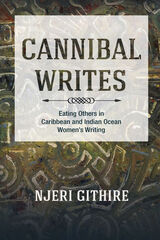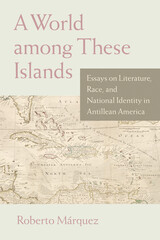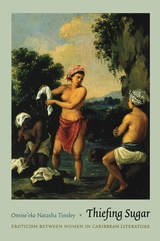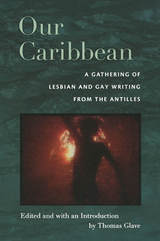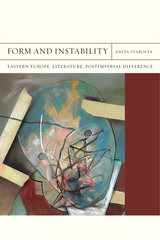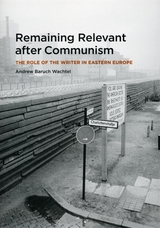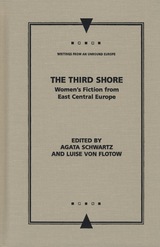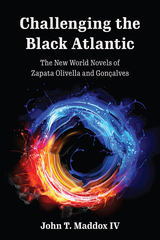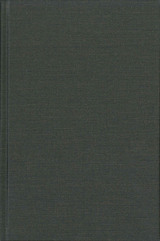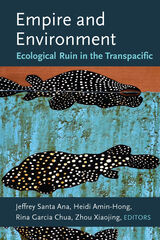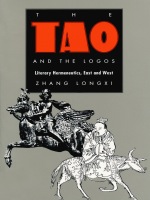Remaining Relevant after Communism: The Role of the Writer in Eastern Europe
University of Chicago Press, 2005
Cloth: 978-0-226-86766-3
Library of Congress Classification PN849.E9W33 2006
Dewey Decimal Classification 891.7009
Cloth: 978-0-226-86766-3
Library of Congress Classification PN849.E9W33 2006
Dewey Decimal Classification 891.7009
ABOUT THIS BOOK | AUTHOR BIOGRAPHY | REVIEWS | TOC | REQUEST ACCESSIBLE FILE
ABOUT THIS BOOK
More than any other art form, literature defined Eastern Europe as a cultural and political entity in the second half of the twentieth century. Although often persecuted by the state, East European writers formed what was frequently recognized to be a "second government," and their voices were heard and revered inside and outside the borders of their countries. This study by one of our most influential specialists on Eastern Europe considers the effects of the end of communism on such writers.
According to Andrew Baruch Wachtel, the fall of the Berlin Wall and the creation of fledgling societies in Eastern Europe brought an end to the conditions that put the region's writers on a pedestal. In the euphoria that accompanied democracy and free markets, writers were liberated from the burden of grandiose political expectations. But no group is happy to lose its influence: despite recognizing that their exalted social position was related to their reputation for challenging political oppression, such writers have worked hard to retain their status, inventing a series of new strategies for this purpose. Remaining Relevant after Communism considers these strategies—from pulp fiction to public service—documenting what has happened on the East European scene since 1989.
According to Andrew Baruch Wachtel, the fall of the Berlin Wall and the creation of fledgling societies in Eastern Europe brought an end to the conditions that put the region's writers on a pedestal. In the euphoria that accompanied democracy and free markets, writers were liberated from the burden of grandiose political expectations. But no group is happy to lose its influence: despite recognizing that their exalted social position was related to their reputation for challenging political oppression, such writers have worked hard to retain their status, inventing a series of new strategies for this purpose. Remaining Relevant after Communism considers these strategies—from pulp fiction to public service—documenting what has happened on the East European scene since 1989.
See other books on: East European literature | Eastern Europe | Europe, Eastern | Role | Writer
See other titles from University of Chicago Press
